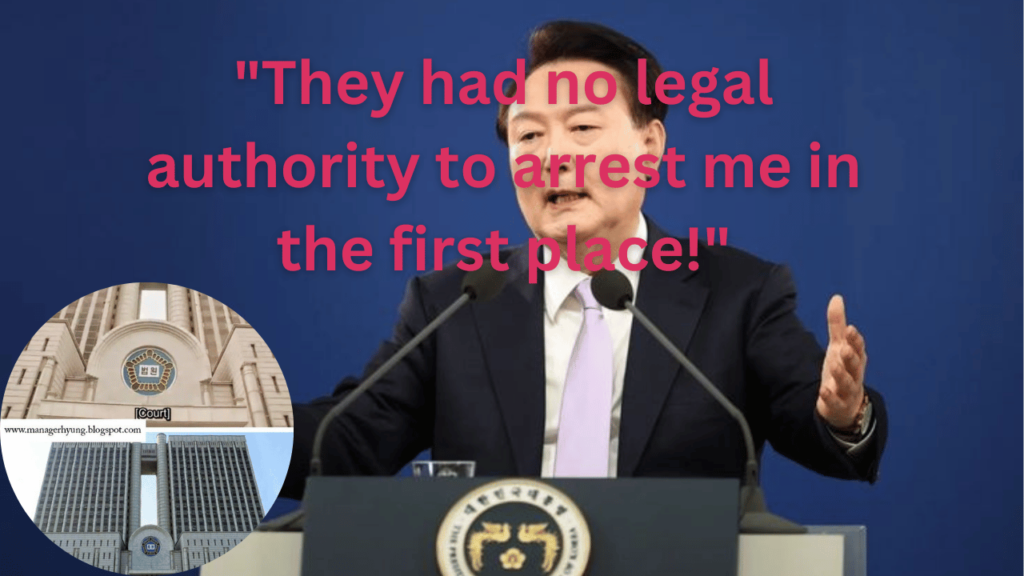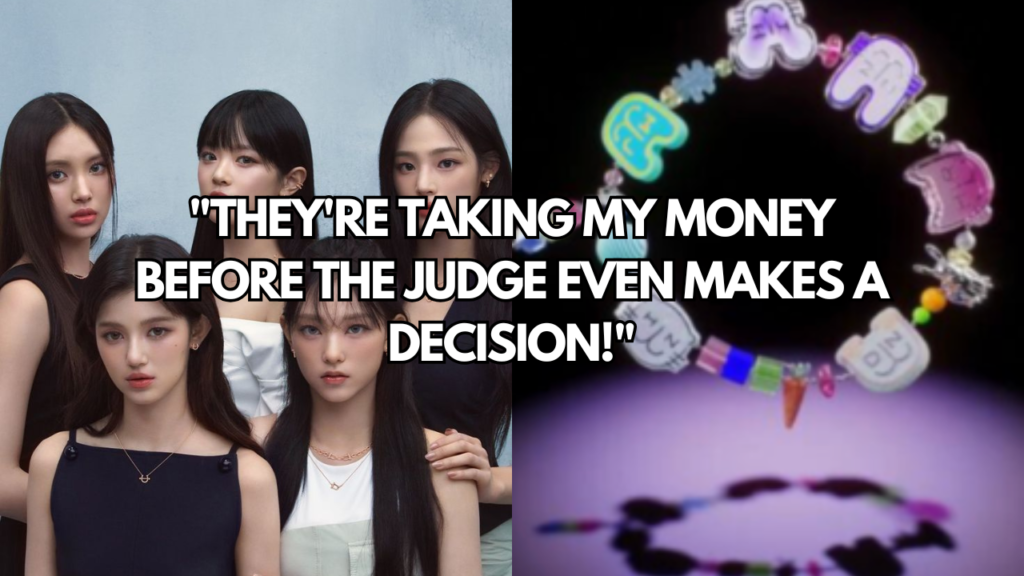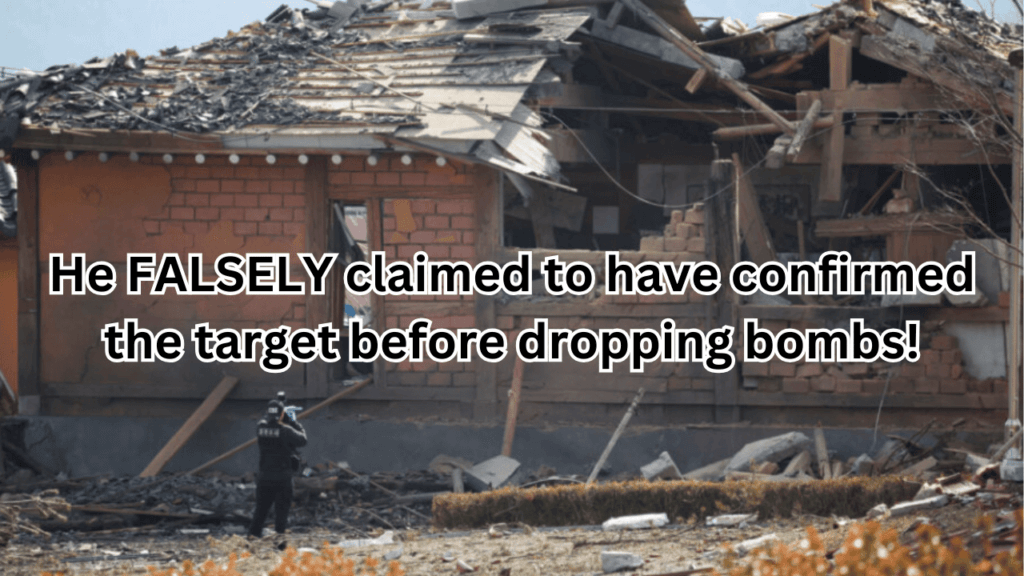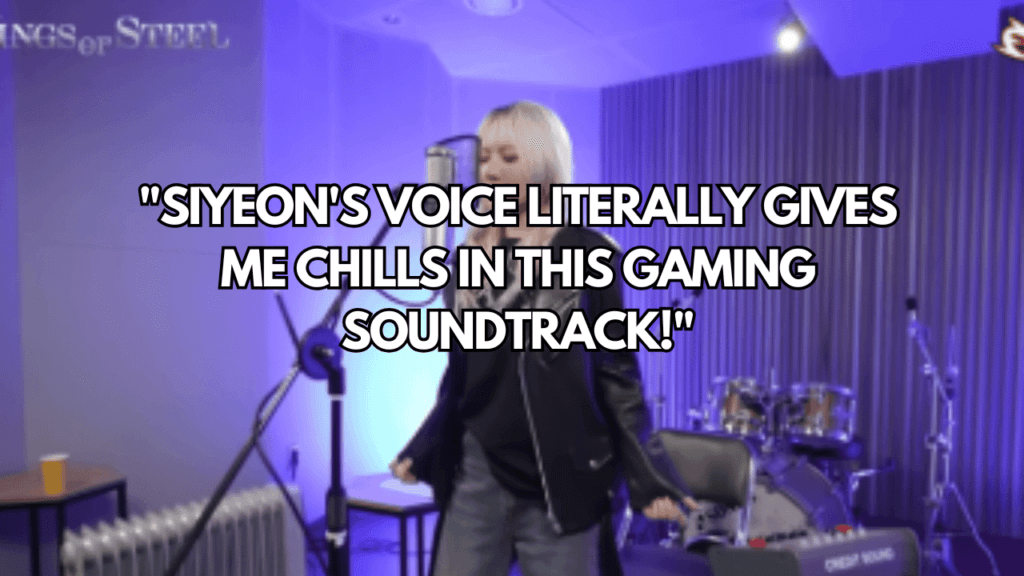Yoon Suk Yeol Released From Prison Amid Ongoing Political Drama
In a stunning turn of events, impeached South Korean President Yoon Suk Yeol has been released from prison after spending 52 days in custody. The Seoul Central District Court overturned his arrest on technical grounds, allowing him to walk free on Saturday, March 8 (KST). This unexpected development has sent shockwaves through South Korea’s political landscape, as Yoon still faces serious charges that could potentially lead to severe consequences.
When Yoon Suk Yeol emerged from the prison gates, he was greeted by a crowd of passionate supporters who had gathered outside. The scene was electric as his followers cheered enthusiastically, many waving South Korean and American flags in a show of solidarity. Despite this momentary victory for Yoon, his legal troubles are far from over. The release from prison doesn’t mean he’s been cleared of charges – he will still stand trial for insurrection, a serious offense in South Korea’s legal system.
The Yoon Suk Yeol released prison news comes at a critical time in South Korean politics, with the nation deeply divided over his leadership and actions. While his supporters celebrate this development as a vindication, his critics view it merely as a procedural matter that doesn’t address the substance of the allegations against him.

The Technical Grounds Behind Yoon’s Release
The court’s decision to release Yoon Suk Yeol from prison hinged on several technical legal points rather than an assessment of his innocence or guilt. According to the Seoul Central District Court, which accepted his request for release on March 7 (KST), there was a need to validate the legality of the investigations against him. This procedural issue became the cornerstone of his release argument.
Yoon’s legal team successfully argued that the investigative agency that detained him before his formal arrest lacked the legal authority to investigate the insurrection charges he faces. This technicality raised questions about the validity of the entire investigation process. Additionally, the court determined that the legal period of his formal arrest had expired before he was even indicted, providing another technical reason for his release.
These procedural issues highlight the complexities of South Korea’s legal system, especially when dealing with cases involving high-ranking officials. When Yoon Suk Yeol was released from prison, it underscored how technical legal matters can sometimes override the broader political implications of a case, at least temporarily.
The Serious Charges and Uncertain Future
Despite being released from custody, Yoon Suk Yeol faces an uncertain and potentially grim future as he prepares to stand trial for attempting to impose martial law. The charges against him stem from a martial law decree he issued in December, which triggered massive political turmoil throughout South Korea. This decree was viewed by many as an attempt to consolidate power in ways that violated democratic principles.
The severity of these charges cannot be overstated. If convicted of insurrection, Yoon Suk Yeol could reportedly face life imprisonment or even the death penalty. These potential consequences underscore the gravity of the situation, even as he temporarily enjoys freedom from prison. The trial, expected later this year, will determine not just Yoon’s personal fate but could also set important precedents for South Korean democracy and the limits of presidential power.
Meanwhile, Yoon remains in political limbo. Following his impeachment by the National Assembly, he was suspended from office, but his official status remains undetermined. The Constitutional Court is still deliberating whether to dismiss him permanently or reinstate him to the presidency. This ongoing uncertainty adds another layer of complexity to an already tumultuous political situation.
Final Thoughts: What Yoon Suk Yeol’s Release From Prison Means for South Korea
The release of Yoon Suk Yeol from prison represents just one chapter in what promises to be a long and complicated saga in South Korean politics. As the nation watches this drama unfold, questions about democratic institutions, presidential accountability, and the rule of law remain at the forefront of public discourse.
The coming months will be crucial as the trial proceeds and the Constitutional Court makes its decision. Whatever the outcome, this case will likely leave a lasting impact on South Korea’s political landscape and institutional frameworks. What do you think about Yoon’s release and its implications for South Korean democracy? Share your thoughts in the comments below.






